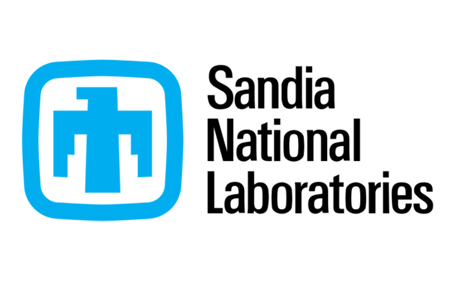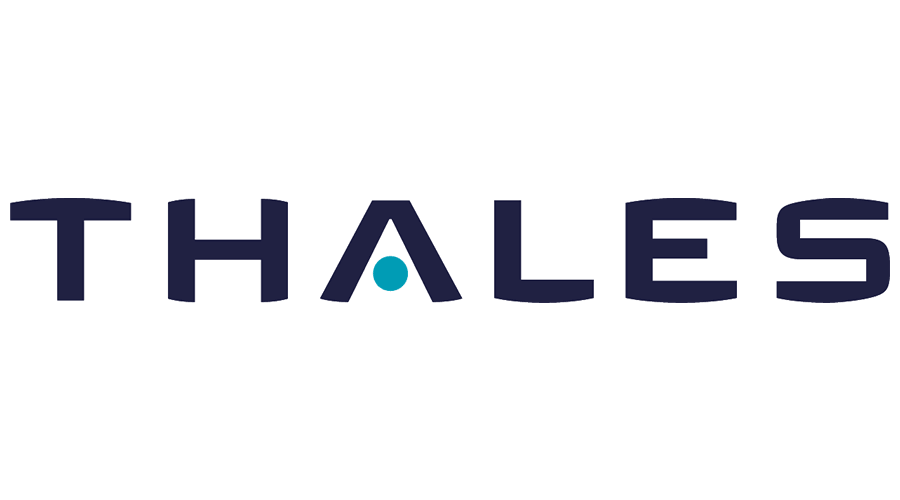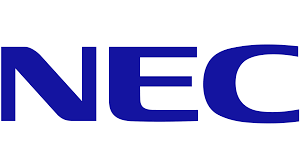U.S. Stock Brokerages Industry & Exchanges Cybersecurity
A stock exchange acts as a market where stock buyers connect with stock sellers. Stocks can be traded on one or more of several possible exchanges such as the New York Stock Exchange (NYSE). It is important to understand the relationship between exchanges and companies, and the ways in which the requirements of different exchanges protect investors.
The primary function of an exchange is to help provide liquidity; in other words, to give sellers a place to "liquidate" their share holdings. Stocks first become available on an. exchange. after. a. company. conducts. its initial .public offering (IPO). In an IPO, a company sells shares to an initial set of public shareholders (the primary market). After the IPO "floats" shares into the hands of public shareholders, these shares can be sold and purchased on an exchange (the secondary market).
The exchange tracks the flow of orders for each stock, and this flow of supply and demand sets the stock price.
The following is a list of U.S. exchanges registered with the SEC under Section 6(a) of the Exchange Act as national securities exchanges:
- NYSE MKT LLC (formerly NYSE AMEX and the American Stock Exchange)
- BATS Exchange, Inc.
- BATS Y-Exchange, Inc.
- BOX Options Exchange LLC
- NASDAQ OMX BX, Inc. (formerly the Boston Stock Exchange)
- C2 Options Exchange, Incorporated
- Chicago Board Options Exchange, Incorporated
- Chicago Stock Exchange, Inc.
- EDGA Exchange, Inc.
- EDGX Exchange, Inc.
- International Securities Exchange, LLC
- ISE Gemini
- Miami International Securities Exchange
- The Nasdaq Stock Market LLC
- National Stock Exchange, Inc.
- New York Stock Exchange LLC
- NYSE Arca, Inc.
- NASDAQ OMX PHLX, Inc. (formerly Philadelphia Stock Exchange)
Certain exchanges are also registered with the SEC through a notice filing under Section 6(g) of the Exchange Act for the purpose of trading security futures.
- Board of Trade of the City of Chicago, Inc.
- CBOE Futures Exchange, LLC
- Chicago Mercantile Exchange
- One Chicago, LLC
- The Island Futures Exchange, LLC (formerly registered)
- NQLX LLC (formerly registered)
There are also two exchanges that the SEC has exempted from registration as national securities exchanges on the basis of a limited volume of transactions:
- Arizona Stock Exchange (formerly registered)
- SWX Europe Limited (f/k/a Virt-x)
Stock exchanges are vulnerable to cyber-attacks, in particular since a successful attack can shut down markets with an enormous potential financial loss coupled with a loss of investor confidence:
- According to a paper based on a survey of 46 exchanges released in July, 2013, half of the world’s securities exchanges were the target of cyber-attacks.
- Among exchanges, 89 percent said cybercrime. should be considered a systemic risk.
- The prevalence of attacks along with the interconnected nature of the markets creates the potential for widespread impact.
- The most common forms were Denial of Service attacks, which seek to disrupt websites and other computer systems by .overwhelming the targeted organizations’ networks with computer traffic and viruses.
- Other forms of cyber-crimes reported by the exchanges included laptop theft, website scanning, data theft, and insider information theft. None of the exchanges reported financial theft as part of the attacks.
- In the United States, exchange operators Nasdaq OMX Group and BATS Global Markets said in February 2014 that they were targeted with denial of service attacks.
- In October 2011, NYSE Euronext’s New York Stock Exchange’s website was inaccessible for 30 minutes, according to an Internet monitoring company, but the exchange said there was .no interruption of service
- In 2010, hackers who infiltrated Nasdaq’s computer systems installed malicious software that allowed them to spy on the directors of publicly held companies, Reuters reported
- Although the exchanges said that the direct or indirect costs of the cyberattacks cost each of them less than $1M, a number of studies have looked at the costs of cyber-crime to society as a whole, with estimates ranging between $388 billion to $1 trillion
- The lack of widely available insurance against cyber-crime adds to the risk, as nearly four in five exchanges would have to bear .the costs of a major attack themselves
More information can be found at: U.S. Financial Services: Cybersecurity Systems & Services Market ““ 2016-2020














